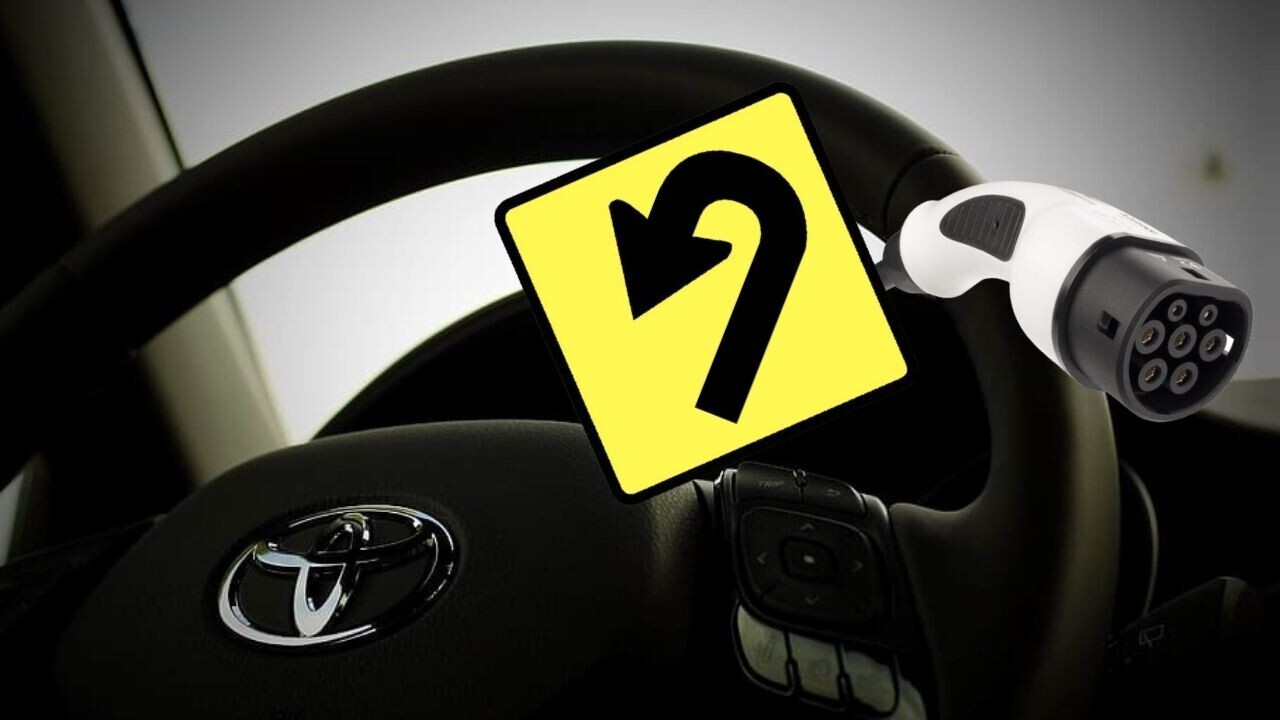
Toyota has been known for resisting the EV transition, but things are about to change big time. In a surprising move, the company announced on Tuesday that it would have 30 EV models available by 2030, aiming to sell globally 3.5 million electric vehicles by the same year.
Plus… it will invest $18 billion (¥2 trillion) in battery development.
And wait for it: Toyota will fully electrify its luxury sub-brand Lexus by 2035. In fact, Lexus wants its EVs to account for 100% of the total sales in Europe, North America, and China already by 2030.
Why are the new numbers so impressive?
Compared to other automakers, Toyota’s new pledges aren’t really striking, as the company still remains a latecomer in the EV game.
But let’s remember the automaker’s previous commitments.
- The company had previously pledged to launch 15 all-electric models by 2025, and now is doubling amount, although pushing it back by five years.
- Toyota was planning to drop some $13 billion in battery development, which has now been increased by $5 billion.
- Lexus currently offers no electric vehicles, but is planning to bring its very first EV, the LF-Z Electrified, in 2022. So yes, to scale up from zero to 100% within 13 years is a pretty bold move.
What kind of vehicles can we expect?
Toyota’s president, Akio Toyoda, promised the expansion of the company’ s electric bZ (beyond Zero) series, including SUVs of all sizes, pick-up trucks, and sports cars.

Still, the Japanese automaker isn’t giving up on its other green(ish) vehicles. It will invest $17.5 billion in the EV lineup, and an equal amount in the development of hybrid and hydrogen-powered cars as well.
Toyoda remarked:
The situation around energy differs from region to region. Therefore, Toyota wants to meet the situation and needs of different countries and regions by offering various choices in terms of carbon neutrality.
This comment is in line with both Toyota’s previous reservations about an EV-only approach and with its market projections and opportunities — but now the CEO uses it as a justification for greener commitments.
Regarding Europe, for instance, the company has indeed pledged to sell only zero-emission vehicles by 2035, aligning with the European Union’s green deal measures.
But for the US, the automaker forecasts a higher demands for hybrids in the next decade. Toyota sees its hybrids making up slightly more than half of the vehicles it sells in the US, while EVs and hydrogen-powered cars are estimated to claim 15% of sales.
Toyota is going EV but… cautiously
Simply put, Toyota is keeping all its options open. The automaker’s push into EVs comes as rivals have made aggressive commitments to electrify their lineups, but at the same time the company is playing it safe before going all the way.
And let’s not forget that, in November, Toyota declined to sign the Glasgow Declaration on Zero Emission Cars and Vans, proposing to phase out fossil-fuel cars by 2040 — which frankly, isn’t good enough.
Get the TNW newsletter
Get the most important tech news in your inbox each week.




